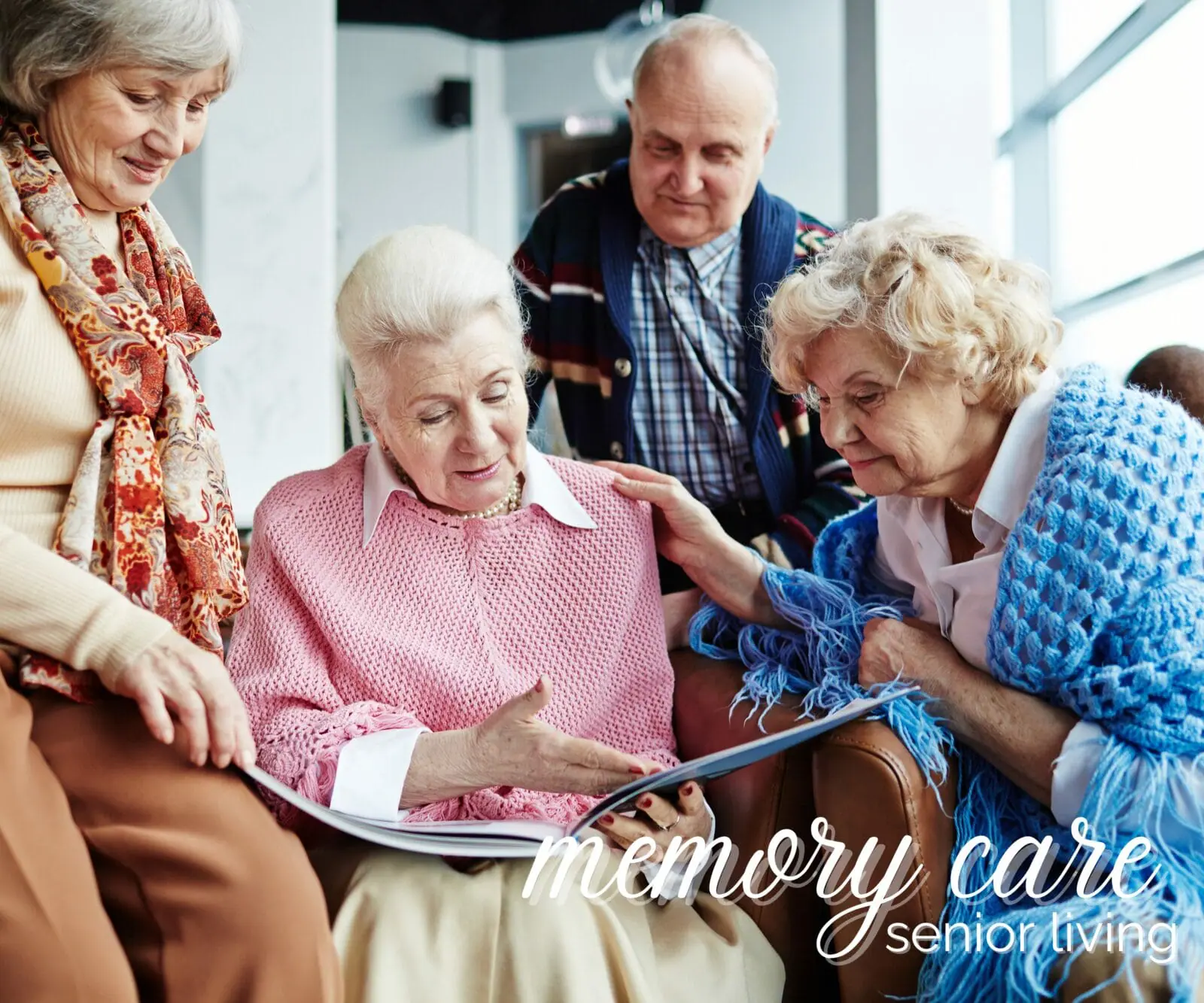Personalized Solutions for Households Looking For Alzheimers Care Charlotte
Personalized Solutions for Households Looking For Alzheimers Care Charlotte
Blog Article
Developing a Safe and Encouraging Environment for Alzheimer's Care
The development of a risk-free and helpful atmosphere for people with Alzheimer's is vital in enhancing their high quality of life. Checking out these multifaceted techniques can reveal critical insights into efficient caregiving approaches that may change the day-to-day experiences of both caregivers and people.
Understanding Alzheimer's Demands
Frequently, individuals with Alzheimer's condition exhibit an array of demands that need customized techniques to care. As the problem advances, cognitive decline manifests in different means, impacting memory, reasoning, and even the capacity to carry out everyday tasks. Caretakers must recognize these progressing requirements to provide suitable assistance and make sure a greater quality of life for those affected.
One important facet of understanding Alzheimer's demands is recognizing the relevance of routine and knowledge. People usually find comfort in established patterns, which can lower anxiousness and confusion. Caretakers should aim to produce organized everyday schedules that integrate purposeful tasks straightened with the person's capabilities and interests.
Additionally, reliable communication is paramount. People with Alzheimer's may struggle to reveal themselves or comprehend intricate language. Caregivers must use easy, clear language, usage non-verbal cues, and technique energetic paying attention to promote understanding and connection.
Caretakers need to urge interaction in neighborhood tasks or family members celebrations, promoting a feeling of belonging and purpose. Understanding these varied demands is important for creating a supportive care environment.
Creating a Safe Home
Developing a safe home for individuals with Alzheimer's illness is necessary to reducing threats and promoting freedom. Make certain that pathways are clear and well-lit, as correct illumination lowers disorientation and improves flexibility.
Including adaptive features is likewise vital. Set up grab bars in bathrooms and near stairways, and take into consideration using non-slip floor coverings in damp locations. Additionally, using contrasting colors for walls and floors can help in distinguishing areas, aiding to minimize confusion.
Knowledge is necessary for individuals with Alzheimer's. Customizing the setting with familiar objects and photos can strengthen a feeling of belonging and safety - Alzheimers Care Charlotte. It is likewise beneficial to have a designated location for day-to-day tasks, such as reading or crafting, which can offer framework to their day
Finally, executing a safe outside space permits secure exploration while getting in touch with nature. By attentively creating the home environment, caretakers can significantly improve the lifestyle for individuals dealing with Alzheimer's condition.
Enhancing Communication Skills

Non-verbal interaction, consisting of faces, motions, and touch, plays a crucial role in communicating compassion and understanding. Preserving eye contact and a tranquil disposition can boost the convenience degree of the person, advertising a sense of safety and security.
Additionally, it is necessary to exercise active listening. This entails being fully existing, revealing patience, and allowing the individual to express themselves without disruption. Rep may be essential; caretakers ought to be prepared to take another look at inquiries or topics, as people with Alzheimer's may deal read here with memory recall.
In addition, making use of aesthetic help or signs, such as pictures or acquainted objects, can facilitate recognition and interaction. Eventually, boosting interaction skills is regarding building trust fund and developing an environment where people really feel listened to, valued, and understood, thus enhancing their high quality of life.
Motivating Social Interaction
Promoting purposeful social communications can substantially improve the health of individuals with Alzheimer's disease. Involving with others not only assists battle feelings of seclusion but likewise stimulates cognitive function and psychological health. Structured social tasks, click to investigate such as team video games, arts and crafts, or music therapy, produce possibilities for residents to get in touch with peers and caretakers, which can lead to boosted state of mind and reduced stress and anxiety.
Creating an inviting atmosphere that urges socialization is necessary. This can be achieved by arranging public spaces that facilitate communication, such as comfy seating areas or task areas. Furthermore, integrating acquainted and culturally pertinent tasks can stimulate memories and encourage engagement, allowing individuals with Alzheimer's to really feel even more connected to their previous experiences.
Furthermore, caregivers ought to be trained to identify and promote social interaction amongst citizens. By prioritizing social communication, we can significantly enrich the lives of those living with Alzheimer's, cultivating a feeling of community and belonging.
Sustaining Caretaker Well-being

To support caregivers, companies ought to supply normal training and instructional resources to boost their understanding of Alzheimer's illness and caregiving strategies. Giving accessibility to break treatment services allows caregivers to take required breaks, decreasing stress and anxiety and fatigue - Alzheimers Care Charlotte. In addition, fostering a community through support system can help with emotional sharing and the exchange of sensible guidance amongst caregivers, producing a network of shared support
Psychological wellness sources, such as therapy services, can also be crucial in attending to the psychological toll caregiving can take. By focusing on caregiver wellness, we produce an even more sustainable caregiving atmosphere that not only profits the caregivers themselves however look at here now also enhances the general quality of treatment received by individuals with Alzheimer's. Eventually, supporting caregivers is a necessary element in fostering a reliable and caring care setting.
Verdict
In conclusion, the creation of a helpful and risk-free atmosphere for individuals with Alzheimer's is important to improving their lifestyle. By prioritizing safety via thoughtful design, cultivating psychological wellness with acquainted components, and promoting involvement via structured regimens, caregivers can considerably affect the total experience of those affected by this problem. Moreover, sustaining caretaker wellness is critical, as it inevitably adds to a more thoughtful and effective care setting.
Repetition may be required; caregivers must be prepared to review subjects or inquiries, as people with Alzheimer's might battle with memory recall.

Report this page